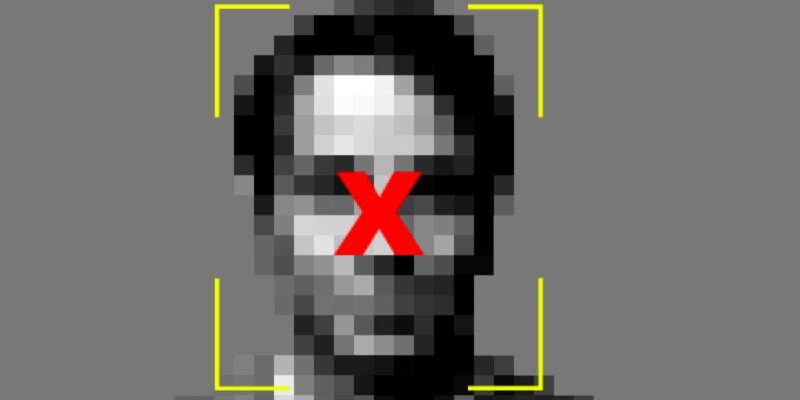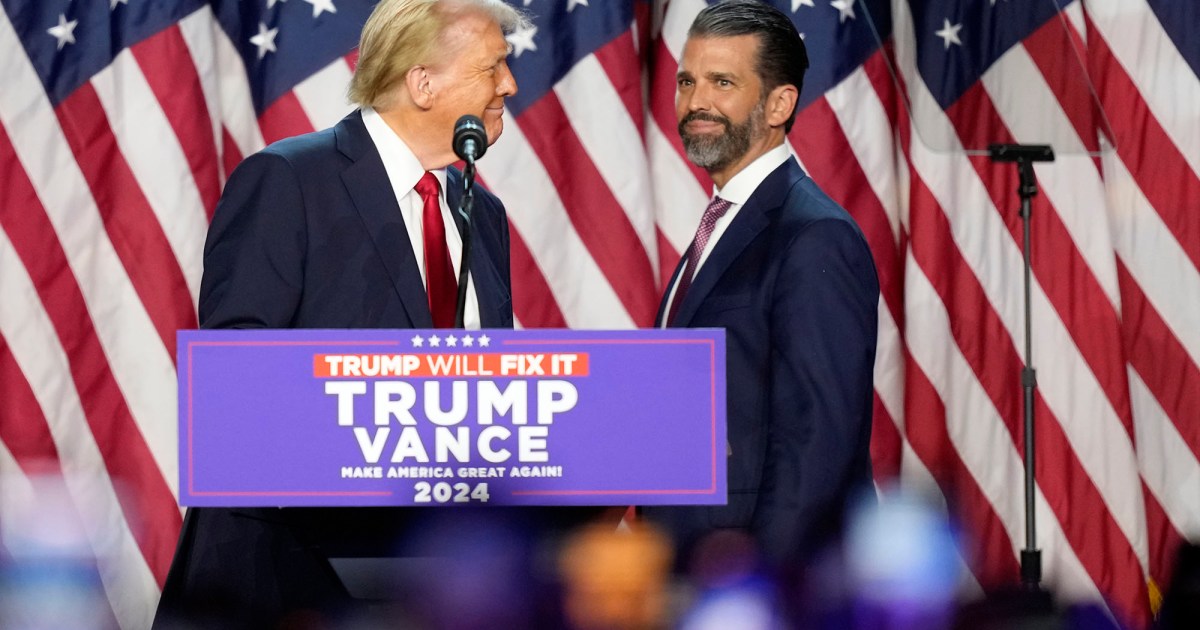
The Commerce Department is implementing new policies to prevent the work it does to boost exports by US companies from assisting in the sale of surveillance technologies to repressive governments.
In a previously undisclosed October 19 letter, Caitlin Kovalkoski, a director at the department’s International Trade Administration, wrote that the “ITA has taken steps to ensure” that “human rights values” will guide its future actions promoting American companies’ overseas business interests. The policy changes outlined in the letter, sent to Sen. Ron Wyden (D-Ore.), come after pressure from his office and reporting in Mother Jones on the issue of the agency helping U.S. tech firms sell surveillance tech abroad.
According to Kovalkoski, ITA evaluations of companies seeking its assistance will now include a “detailed Human Rights Addendum” where its staff, with the help of other government agencies, would assess if the company’s resulting foreign technology sales would “raise significant human rights concerns.” She wrote that ITA regional staff had been briefed on this policy.
In an internal ITA document provided to Mother Jones by Wyden’s office, the agency outlined hypothetical examples that would violate its new policy, which include selling facial recognition tech to countries with a history of targeting dissidents and surveillance drones to governments with drug cartel ties. Another explains the agency would not help a company that makes, in the ITA’s words “fake social media accounts” or “bots” for “marketing purposes,” sell its services to a country that might use them to target racial minorities and LGBTQ groups.
According to Wyden’s correspondence with ITA, the agency confirmed in 2022 that it “provides assistance” to companies selling surveillance technology to foreign purchasers, but did not provide further details or disclose countries where it had facilitated such sales. Mother Jones previously reported on portions of the ITA website that highlighted markets in countries with a history of repression and abusive use of surveillance technology, including Honduras, the Philippines, and India. In one such post, the ITA told US firms that the “surveillance systems market in India is growing” and “provides opportunities for U.S. exporters.” In another from 2020, ITA touted the Filipino market as “an opportunity in projects that require high-end, advanced, and sophisticated technology.”
Amnesty International has warned of potential abuses from India’s pursuit of surveillance technology, particularly with its growing persecution of Muslims; Honduran and Filipino governments have also used surveillance tech to crack down on dissent and maintain power. The ITA did not respond to request for comment on whether it ever actually facilitated the sale of technology to these countries, or other places where it was likely to be abused; it has never publicly addressed its track record on the issue.
Sen. Wyden hailed the ITA’s new policies in a statement to Mother Jones, describing them as “the first time” the Commerce Department made “clear that the United States will not help companies find foreign markets for products or services that undermine democracy or enable repressive surveillance and discrimination.”
“While I remain concerned about the U.S. government’s prior promotion of these technologies,” Wyden wrote, “I look forward to monitoring the implementation of these new policies and ensuring they are followed.”















